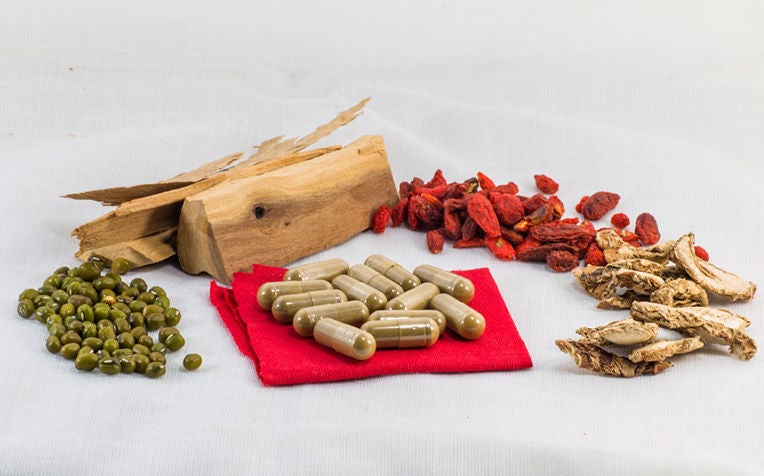HealthXchange will NEVER ask you to transfer money over a call. If in doubt, call the 24/7 ScamShield helpline at 1799, or visit the ScamShield website at www.scamshield.gov.sg.
TCM for Cancer Treatment: Is It Safe?

Consuming Chinese herbs together with western medication may lead to negative or even dangerous effects.
A popular misconception among cancer patients is that since Traditional Chinese Medicine (TCM) is all-natural, it is perfectly safe and complements conventional cancer treatment.
“Mixing herbs with medication can cause adverse reactions. For example, consuming ‘blood invigorating’ Chinese herbs like gingko biloba may increase the risk of bleeding during chemotherapy, while taking excessive ‘cooling herbs’ or ‘detox’ herbal supplements might cause diarrhoea,” says Mr Ricky Ang, Principal Pharmacist, Department of Oncology Pharmacy, National Cancer Centre Singapore (NCCS), a member of the SingHealth group.
The most common reason why cancer patients use TCM to complement conventional cancer treatment is the belief that it strengthens the body against the side effects of chemotherapy.
Other reasons include preventing a cancer relapse or the emergence of new cancers, as well as to enhance the overall effectiveness of the cancer treatment.
Possible harmful effects of TCM use
The potential harm that can arise from combining Chinese herbs with cancer treatment may include:
- Liver toxicities e.g. elevation of liver enzymes
- Electrolyte disturbances e.g. low potassium in blood
Opt for safer TCM alternatives
If a patient insists on taking TCM, then he or she can try food therapy, e.g. eight-treasure porridge, black bean soup, white fungus dessert.
Acupuncture, also a part of TCM, is generally safe but it may be best to avoid it if there is blockage of the lymph vessels (lymphoedema) as it may cause infection.
Simple changes can go a long way
Even without TCM, there are simple lifestyle changes that a cancer patient can adopt to better cope with cancer or chemotherapy side effects. These are:
- Maintain a healthy lifestyle and balanced diet
- Quit smoking (if he or she is a smoker)
- Get proper sleep and sufficient exercise
- Go for light acupressure
“Last but not least, stay happy and worry less,” Mr Ang says. “After all, having a positive outlook is what will carry you through.”
Ref: S13
Contributed by
Related Articles
Conditions & Treatments
Public Events
Get the Health Buddy App
© 2025 SingHealth Group. All Rights Reserved.


















 Get it on Google Play
Get it on Google Play